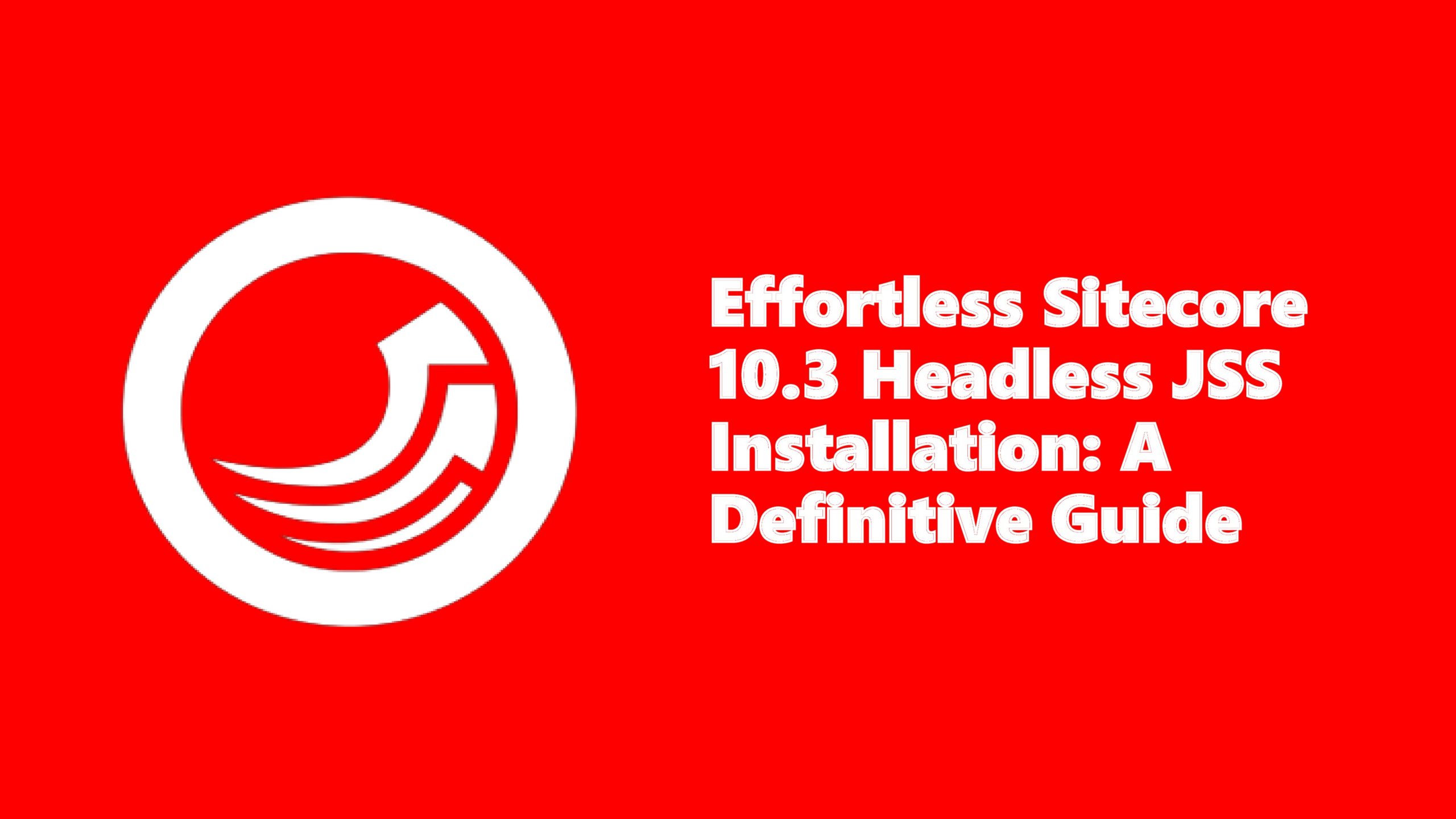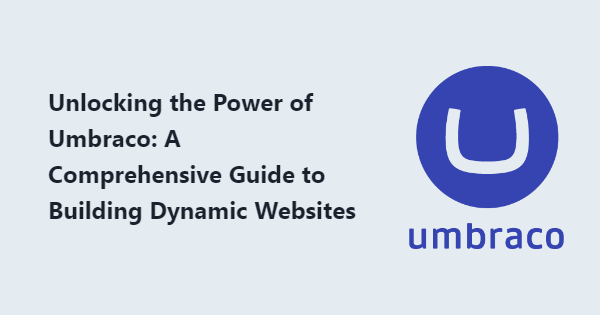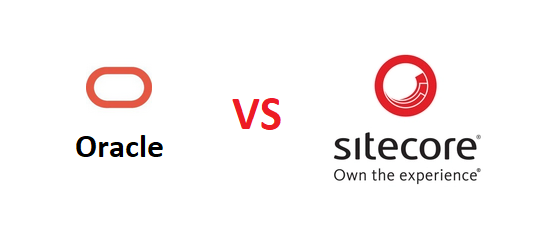Inside this Article:
Introduction
In the ever-evolving landscape of web development, the synergy between Progressive Web Apps (PWAs) and Content Management Systems (CMS) is reshaping digital experiences. This article delves into the dynamic integration of PWAs with CMS platforms, focusing on the transformative impact on performance and user engagement.
Adapting to the Future
Embracing Progressive Web Apps (PWAs)
Unravel the essence of PWAs and how they redefine user interactions. Dive into the features that make PWAs stand out, from offline functionality to push notifications, fostering a more immersive browsing experience.
The Evolution of CMS Platforms
Discover the evolution of CMS platforms as they adapt to the PWA trend. Explore how leading CMS providers are integrating PWA capabilities, enabling websites to load faster, work offline, and deliver a seamless experience across devices.
Bridging the Gap
Synchronizing Content Management and Progressive Web Apps
Explore the intricate dance between CMS and PWAs, ensuring that content updates seamlessly reflect across web applications. Delve into the technical intricacies that facilitate this harmonious synchronization.
LSI Keywords Integration
Unveil the significance of Latent Semantic Indexing (LSI) keywords in optimizing the collaboration between CMS and PWAs. Understand how strategically placed LSI keywords enhance search visibility and user engagement.
User-Centric Performance
Enhancing Speed and Responsiveness
Uncover the strategies CMS platforms employ to enhance speed and responsiveness in conjunction with PWAs. From image optimization to server-side rendering, witness the commitment to providing users with swift and smooth experiences.
Mobile Responsiveness Revolution
Explore the paradigm shift in CMS design, focusing on mobile responsiveness. Learn how PWAs contribute to this revolution, ensuring a consistent and engaging user experience on various devices.
FAQs
How do Progressive Web Apps differ from traditional web apps? Progressive Web Apps leverage modern web capabilities, offering offline access, push notifications, and seamless performance. Unlike traditional web apps, PWAs provide a more app-like experience.
Which CMS platforms have successfully integrated Progressive Web Apps? Leading CMS platforms, including WordPress, Drupal, and Joomla, have embraced the PWA trend. They integrate PWA features to enhance website performance and user experiences.
Can PWAs work offline? Yes, one of the hallmark features of PWAs is their ability to function offline. Users can access cached content and perform actions even without an active internet connection.
How does the integration of PWAs impact SEO? The integration of PWAs positively impacts SEO by improving page speed, user engagement, and mobile-friendliness—factors that search engines prioritize for ranking.
Are there any challenges in implementing PWAs with CMS? While the integration offers numerous benefits, challenges may arise in ensuring seamless synchronization between CMS updates and PWA functionalities. However, advancements in technology are steadily overcoming these challenges.
What role do LSI keywords play in optimizing CMS and PWA collaboration? LSI keywords enhance the semantic understanding of content, optimizing its relevance to search engines. In the context of CMS and PWA collaboration, strategically using LSI keywords improves visibility and user engagement.
Conclusion
As Progressive Web Apps continue to redefine online experiences, the adaptation of CMS platforms to this trend is paramount. The harmonious integration of CMS and PWAs propels web development into a new era, where speed, responsiveness, and user-centric design take center stage.








